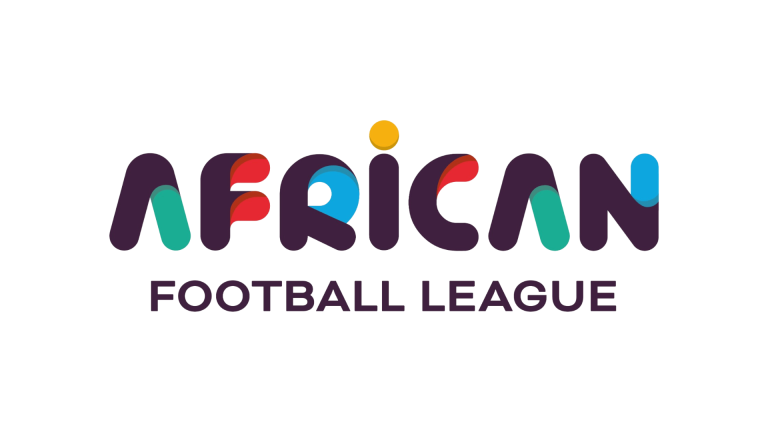Home » Revolutionizing African Football: The Unveiling of the African Football League
Revolutionizing African Football: The Unveiling of the African Football League

In a groundbreaking move, the African football landscape is undergoing a transformation with the inception of the African Football League (AFL), a FIFA-backed initiative that promises to reshape the way we perceive football on the continent. This pan-African competition, designed to rival the existing CAF Champions League, has been met with anticipation and scrutiny, provoking controversy and surprises along its developmental journey.
The Genesis of Change
The AFL’s roots trace back to November 2019 when FIFA President Gianni Infantino articulated his vision for African football during a visit to the Democratic Republic of Congo. His ambitious plans included elevating refereeing standards, enhancing infrastructure, and raising the level of competition. One of the key proposals was to create a league featuring the top 20 African clubs, projecting it to generate over $200 million in revenue, catapulting it into the top 10 leagues globally.
From Concept to Reality
Under the leadership of CAF President Ahmad Ahmad, plans for the African Super League, as it was initially named, gained approval in August 2022. The competition aimed to involve 24 teams from 16 countries across Africa, divided into three regional groups: North, Central, West, and Southeast. The tournament’s format would see clubs play each other home and away, culminating in 197 matches set to commence in August 2023 and conclude the following May. The substantial prize pool of $100 million, with the winners receiving $11.6 million, marked a significant financial incentive for participating teams.
Altered Dynamics with CAF Champions League
The relationship between the AFL and the established CAF Champions League added another layer of complexity. While the Champions League continued its annual run, the AFL’s altered format and sponsorship links raised questions about its alignment with CAF’s vision. CAF President Patrice Motsepe reassured that the Champions League and Confederations Cup remained secure, but hinted at the need for structural adjustments in the future.
FIFA’s Influence and Legacy
FIFA President Gianni Infantino’s involvement in African football, particularly his alliance with Patrice Motsepe, added a unique dimension to the AFL. Described by Infantino as a “world first” and a “game changer,” the tournament seemed to bear the hallmarks of FIFA’s influence. However, concerns lingered about its impact on the broader spectrum of African clubs.
Unveiling the Reality
As the AFL unfolded, it became evident that Infantino’s grand claims faced challenges. The prize money was reduced, with winners now set to receive $4 million, a significant drop from the initially proposed $11.6 million. The geopolitical disputes, sponsorship struggles, and the rift with beIN Sports all contributed to a less-than-ideal inaugural season for the AFL.
Navigating the Future
The African Football League’s debut has undoubtedly stirred the football landscape in Africa. While facing teething problems and skepticism, the tournament holds the potential to evolve and contribute positively to African football. As the stakeholders navigate challenges and controversies, the future trajectory of the AFL will likely shape the narrative of football on the continent for years to come.





